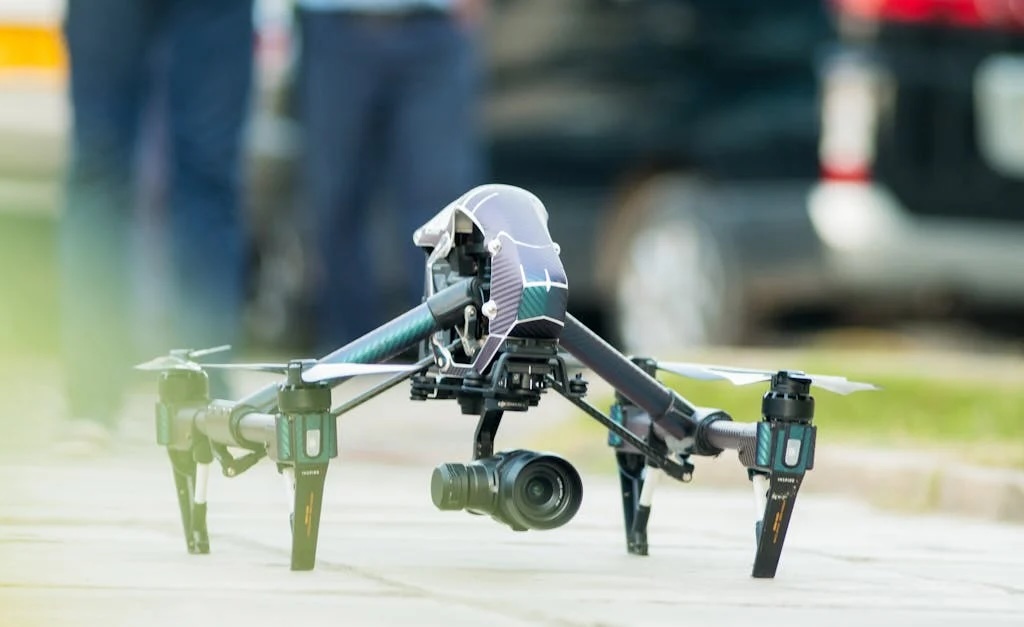Exploring the multifaceted world of location technology: Innovations and impacts

The realm of location technology is a dynamic and ever-evolving landscape, driving innovations across various industries. As enterprises strive to enhance operational efficiency, the demand for precise location-based services continues to rise. Location technology offers robust solutions, catering to the needs of automated driving, fleet logistics, and advanced navigation systems. It serves as a cornerstone in integrating real-time geographic data, enabling businesses to make data-driven decisions. This paradigm shift not only enhances productivity but also introduces cost-effective methodologies, ensuring sustainable business practices. The industry is witnessing a significant transformation, as more than two million developers harness these technologies to revolutionise sectors ranging from transport and logistics to urban planning and commerce.
Navigating the digital transformation across industries
With the rapid digital transformation, industries are leveraging location technologies to optimise their operations. From efficient EV routing to sophisticated digital cockpit solutions, businesses are integrating these tools to streamline their processes. Among their priorities are reducing operational costs and improving logistics management. Companies are using these technologies to pave the way for cutting-edge innovations. Mapping platforms are revolutionising spatial intelligence by incorporating real-time data and providing businesses with strategic insights. By embedding location intelligence into their DNA, companies are transitioning towards more informed decision-making, aligning technology with business objectives.
Harnessing the power of location intelligence and data
Location intelligence and data offer unparalleled advantages in today’s data-driven world. Enterprises adopting these technologies benefit from improved accuracy and increased flexibility in their operations. Spatial data allows businesses to refine their strategies by understanding customer behavior and optimising resource allocation. A prominent example of success in this field is the integration of real-time geographic data into business processes, which enhances decision-making by providing vital insights. As companies recognise the importance of these technologies, they are shifting focus towards enhancing privacy and ensuring data accuracy, thus maintaining compliance with evolving industry standards such as those outlined by the Industrial Technology Innovation Advisory Committee to maintain compliance and innovation in industrial tech practices.
Gaming portals are a testament to the industry’s willingness to evolve, offering platforms like here that promise seamless gaming experiences without the traditional restrictions encountered elsewhere. These platforms are reinventing user engagement strategies by leveraging advanced location-based services, thus remaining compliant with global gaming regulations while offering unique user experiences.
The future of film analysis and production with cutting- Edge AI
The film industry is undergoing a renaissance, driven by advanced AI technologies. This evolution is particularly evident in the narrative complexity and production techniques applied in films such as Here, based on Richard McGuire’s graphic novel. The integration of AI for digital de-aging and other novel effects reflects the industry’s bold steps towards embracing state-of-the-art technology. Despite mixed reviews on its creative oeuvre, the use of such innovative solutions indicates a commitment to pushing the boundaries of storytelling. These advancements highlight the importance of adapting to technological frontiers, ensuring that films resonate with contemporary audiences while maintaining their artistic integrity.
In conclusion, the interplay between location technologies and various industry sectors underscores a transformative era of innovation and efficiency. By enhancing operational strategies, these technologies help businesses achieve sustainability and precision in an increasingly competitive landscape. As industries adopt location-based services, they not only redefine their practices but also contribute to a more connected and intelligent world.
The editorial unit
























Facebook
Twitter
Instagram
YouTube
RSS